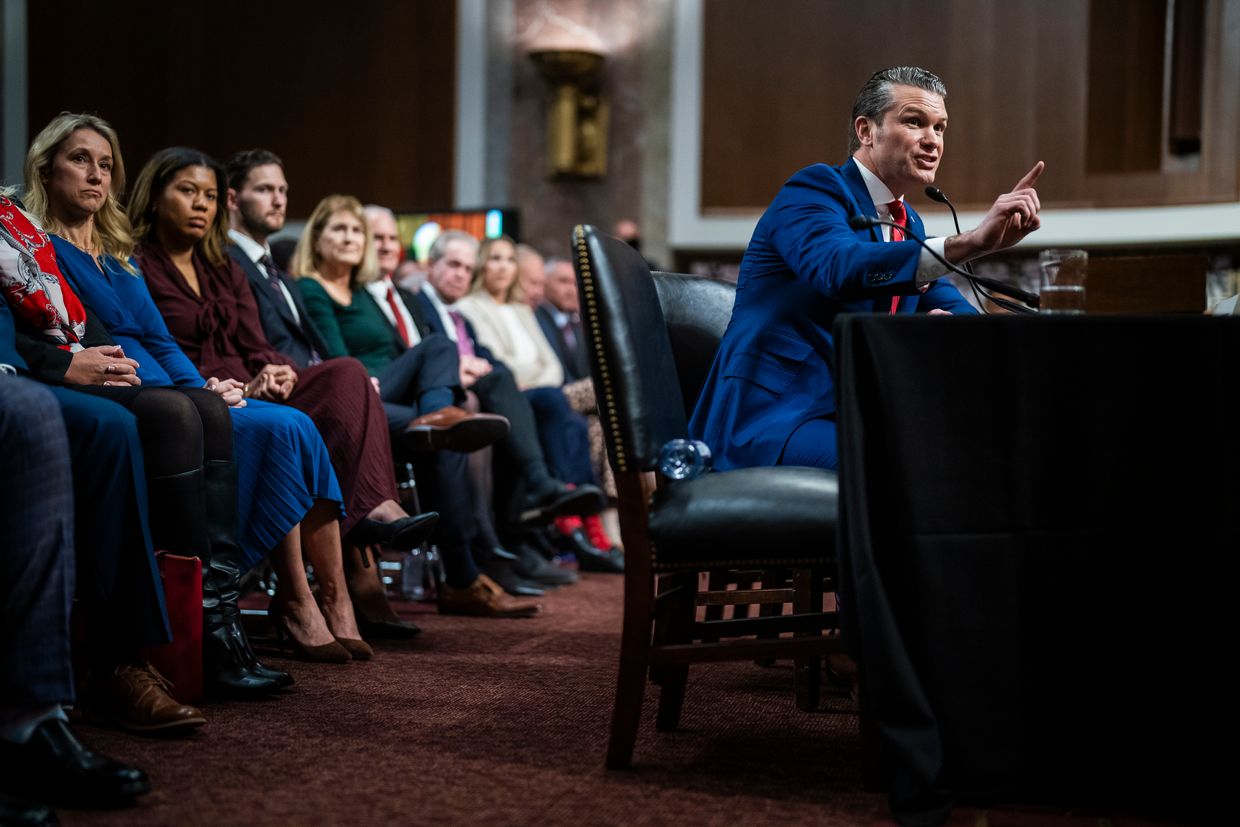Ukrainians divided over what peace with Russia should look like, new poll reveals

There is no clear consensus among Ukrainians about what a potential peace agreement with Russia should look like, a new global poll published on Jan. 15 has found.
The poll, conducted by the European Council on Foreign Relations (ECFR), presented respondents with four options relating to NATO/EU membership, security guarantees, and ceding/regaining occupied territories.
Not one gained a majority for or against from respondents.

"Such disagreements could stoke political turmoil if and when negotiations begin," the report reads.
Though peace negotiations are a long way off, the inauguration of President-elect Donald Trump on Jan. 20 has accelerated discussion of their possibility in Kyiv, Moscow, and capitals around the world.
Trump vowed to bring Kyiv and Moscow to the negotiating table and swiftly end the full-scale war that nears its third anniversary.
Earlier this week, he told reporters that arrangements for a meeting with Putin are underway.
The wide-ranging, global poll surveyed respondents in 16 European countries including the U.K., Russia, and Ukraine, and eight non-European countries including Brazil, China, India, Saudi Arabia, and the U.S. about attitudes towards the U.S. and international powers ahead of Trump's inauguration.
Many of the questions related to Trump's possible influence on global events such as the wars in Ukraine, and the Middle East, as well as the future balance of global power.
In Ukraine, expectations of an outright victory in the war against Russia have fallen sharply in just the last six months since the poll was last conducted, from 58% in May 2024, to 34% in November 2024.
Of the options available, most Ukrainians — 47% — now say a compromise settlement with Russia is the most likely outcome of the war.

Ukrainians are split on whether or not the incoming Trump administration will make peace more or less likely — 39% say it will be more likely, 35% less likely, and 26% say it will make no difference.

The question is still largely hypothetical — despite multiple promises during the U.S. presidential election campaign to negotiate an end to the war as soon as he was elected, Donald Trump is yet to lay out any concrete plans of how he intends to do so.
Tempering expectations further, Trump's choice for special Ukraine peace envoy, Keith Kellogg, earlier this month said Trump wants to end the war in 100 days.
Then there is the issue of what Trump will demand from both sides. While much of the election rhetoric from Trump and his allies suggested Kyiv could be forced to pay a heavy price and cede territory, Kellogg has also sought to play this down.
"People need to understand, he's not trying to give something to Putin or to the Russians, he's actually trying to save Ukraine and save their sovereignty," Kellogg said.
"And he's going to make sure that it's equitable and it's fair."
As for the global implications of a second Trump presidency, and how he deals with issues such as the war in Ukraine, the poll found a wide range of views across the countries polled.
In India, China, and Brazil, majorities or pluralities believe Trump will be a "good thing" for prospects of peace around the world, as well as for their own countries.
But in countries more allied with the U.S. there was skepticism — only 24% of those in the UK, 31% in South Korea, and 34% in the EU countries polled said Trump's presidency would make peace in Ukraine more likely, while even fewer thought the same about the Middle East.
The authors of the report suggested that while there is obviously a nervousness in Europe about Trump, there is also an opportunity for Europe to reassert itself on the global stage.
"Europe may stand almost alone in a Trumpian world, but this doesn’t mean we Europeans are powerless to act," historian Timothy Garton Ash said, adding: "There are opportunities in this new, transactional space for alliances and influence.
"Indeed, the very fact that the EU is held in such high regard by people in so many countries and is even expected to grow in strength in the coming decade, should give leaders hope that there is room for a strong and independent-minded Europe in the world."
The poll was conducted in November 2024 in 16 European countries (Bulgaria, Denmark, Estonia, France, Germany, Hungary, Italy, Poland, Portugal, Romania, Russia, Spain, Switzerland, Türkiye, Ukraine and the United Kingdom), and eight non-European countries (Brazil, China, India, Indonesia, Saudi Arabia, South Africa, South Korea and the United States).
The total number of respondents was 28,549.











